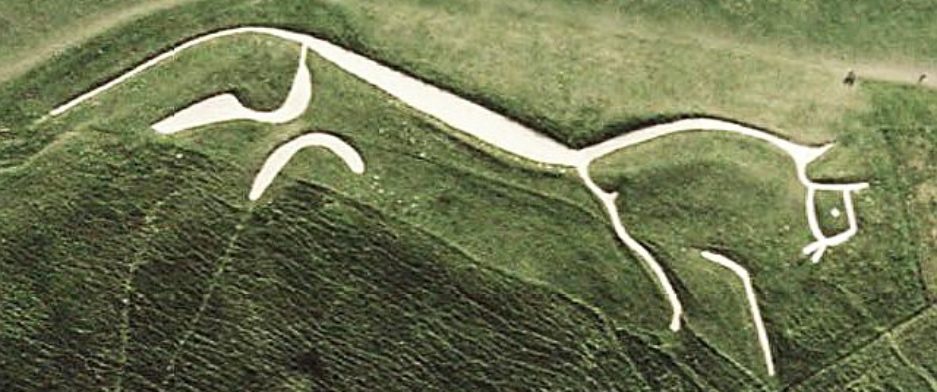Mary Ann Sate, Imbecile is published by Unbound . The description below is from the publisher.
 The year is 1887. In a decaying country house Mary Ann Sate, an elderly maid servant, nurses Mr Cottrell, a man she knew well in her youth. Mr Cottrell does not have long to live and so asks Mary Ann to write down the story of his brother, Ned, who fought for The People’s Charter and for improved wages in the textile mills of the Stroud Valleys.
The year is 1887. In a decaying country house Mary Ann Sate, an elderly maid servant, nurses Mr Cottrell, a man she knew well in her youth. Mr Cottrell does not have long to live and so asks Mary Ann to write down the story of his brother, Ned, who fought for The People’s Charter and for improved wages in the textile mills of the Stroud Valleys.
But as soon as Mary Ann begins to write, anger takes control of her pen. Which story should she write? Maybe it is time for the truth about the Cottrell brothers to be told. As Mary Ann unravels the knots of the past, she comes to see how her love for the brothers destroyed the life she might have had.
Should she now avenge the dead? Or can the mere power of her faltering pen enable her to reclaim her own truth?
Once the initial subscription has been raised then Alice’s share of the profits (50% of every book sold) will go to Emmaus – a charity who support homeless people in Gloucestershire and are part of a federation of 350 organisations in 37 countries around the world.
My review
Mary Ann Sate, Imbecile is a remarkable book: the fictional autobiography of a working-class woman who lives in the Five Valleys of Gloucestershire through much of the 19th century, a period of huge economic, political and social upheaval. Most of the story takes place in the turbulent first half century. Mary Ann is sceptical and wary of the strange new worlds she encounters whilst most of the other characters in the text are more decisive. Her friend Ambrose wants to embrace its possibilities, her first employer, Mrs Woebegone denounces anything new as evil. Others set fire to change, or try and flee. Some of these stories may be familiar to readers: developments in medicine, the Captain Swing rebellions, the 1832 Reform Act, Methodism, Chartism, machine breaking. But Mary Ann doesn’t have the luxury of hindsight to see them in what later became their familiar shapes. Through her eyes and in her words, events and processes are made strange as she grapples to find ways of representing what she sees and experiences. What comes at her is chaotic, partial, confusing and sometimes terrifying, and the book’s form is brilliantly shaped to capture this. The reader is drawn into a unique and compelling experience:
For all my fear, I feel my life beginning
The world generous eager stretchd out afore me
Like many yards of fine cloth
Ambrose and me dance long
Then walk on down the field and he tell me now
Look up and I tip back So many stars never seed
Stretch into blackness without end
It’s a form that allows patterns and repetitions – of the seasons, of labour – and continuities to be explored as richly as change. It’s open enough to encompass the stories of those Mary Ann has lived with and worked alongside: first the Woebegones and then, for many years, Harland Cottrell and his two sons, Blyth and Ned, where she goes unpaid except for food and lodging, and does most of the work of the resentful Nettie, as well as her own.
Mary Ann’s story has no full stops or commas and is textured by the idiosyncrasies of a particular life, a particular place. The only conventional markers of punctuation are capitals. The book is poem and novel and draws on the histories of both. Set out like a long narrative poem, it is rich with the poetry and hymns of the period, William Blake, William Wordsworth and John Clare amongst others. Gothic echoes play through the plot in the idea of the story rediscovered, crimes concealed and revealed. Within this rich texture, I saw or/and imagined many traces: Pip turned upside down by Magwitch, Heathcliff’s early days at Wuthering Heights, Jane Eyre’s stubbornness. And Mary Ann is a 19th century outsider to the nth degree: orphan, ‘deformed’, routinely taken for a fool, always seeing more than she is supposed to, but not always seeing enough. As I read it, I thought too of the way Elizabeth Gaskell’s Mary Barton originated as John Barton, a story about Mary’s father, a factory worker and political activist and how Gaskell cannot follow that initial project through.
Mary Ann Sate Imbecile tells the stories that Gaskell and many other 19th century middle-class writers couldn’t write. Mary Ann’s text begins in the command to write someone else’s story, a demand she subverts to write her own. She becomes the witness to her own life, a life that stands for numerous others, lost and forgotten. Jolly’s representations of Mary Ann learning to read and write capture the power and exhilaration of both, of what they make possible:
So I come to pick up
The story of How Paradise Was Lost
By Mr John Milton
I have seed it afore
Yet the words all cling together
Lock me out in misunderstanding
Now I pick it up and read
Of mans first disobedience and the fruit
Of that forbidden tree who mortal taste
Brought death into the world
Sudden it all clear as drips of dancing water
The words flow away from me
I know them all
My eyes fly down the lines
Inside I am leaping
For I can read
